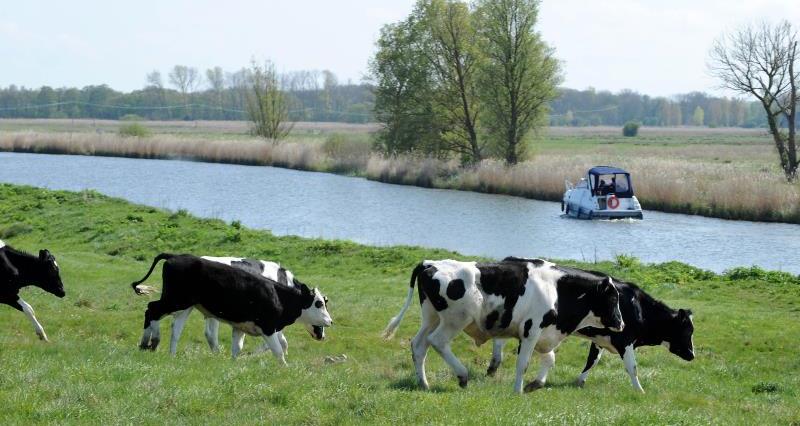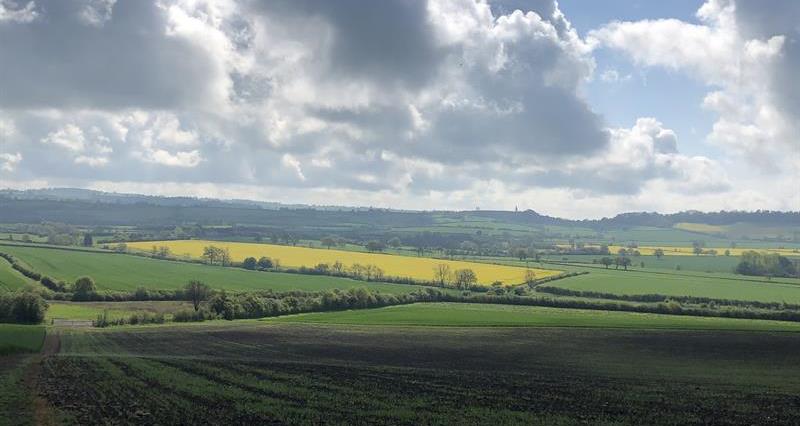The RPA has published the Cross compliance 2023 – GOV.UK. Our support schemes advisers have summarised the changes here, but it is important that you read the full published document.
End of cross compliance
As a part of Brexit, the ending of BPS and cross compliance signals the next stage of decoupling from previous EU agricultural regulations. Both BPS and cross compliance will be ending in 2023.
From 2024 onwards delinked payments will be replacing BPS, while cross compliance enforcement and sanction mechanism will end. But the vast majority of cross compliance requirements will continue via existing domestic legislation governing much of the same activities under the various GAEC and SMR standards.
This means you will still have to comply with the same rules and standards, only you will now be governed by domestic legislation. One of the largest changes will be the move away from penalties being applied for non-compliance; due to cross compliance ending there will be no more penalties applied to direct payments or agri-environmental payments for farmers.
Enforcement will instead be conducted through a range of approaches such as education and support in the early instances, with penalties being reserved for more serious or uncooperative individuals while criminal prosecution will remain for the most severe of violations of domestic rules. More clarity is expected on how the management of hedges and animal health and welfare matters will be enforced.
In anticipation of the ending of cross compliance and clarity sought by the NFU on the legal baseline that farmers need to comply with from 2024 onwards, Defra has set out the main rules for farmers to follow – these can be found at: GOV.UK | Rules for farmers and land managers.
Communications are expected to continue throughout December to explain what the future of regulation will look like for farmers and land managers. Letters are being circulated to advise of the change from cross compliance generally, as well as more specific communications such as those with an existing Countryside Stewardship agreement. For an agreement holder, there will need to be a change in the terms and conditions of the agreement to reflect the move away from cross compliance regulation.
In terms of support schemes, moving forward, enforcement will no longer rely on arbitrary penalties, but instead the RPA will be focusing on helping farms return to compliance by supporting farmers with additional guidance and tailored advice to help them.
It is anticipated that a variety of additional notices will be considered as suitable tools for achieving compliance without a financial penalty. These could include stop notices preventing a prohibited activity from continuing, to a restoration notice requiring a natural feature to be returned to its original state within a specified timeframe. These notices would be supported by a suite of resources to help with understanding how to prevent against a breach happening again in the future.
Who does cross compliance apply to?
Cross compliance are the rules that must be followed by farmers in England claiming any of the following schemes until the end of 2023:
- Basic Payment Scheme (BPS)
- Countryside Stewardship (CS) agreements starting before 1 January 2021. For CS agreements starting on or after 1 January 2021, you must meet the cross compliance rules under the terms and conditions on your agreement.
- Entry Level Stewardship (ELS) including Organic Entry Level Stewardship and Uplands Entry Level Stewardship agreements starting on or after 1 January 2007.
- Higher Level Stewardship (HLS) agreements starting on or after 1 January 2007 (including extension agreements), including Organic Higher Level Stewardship and Uplands Higher Level Stewardship.
- The Farm Woodland Premium element of English Woodland Grant scheme agreements starting on or after 1 January 2007.
What’s new in 2023?
The cross compliance rules that you must follow in 2023, have not changed from 2022. You must follow the cross compliance rules for the whole of 2023 (1 January 2023 – 31 December 2023).
The RPA have made some changes to how cross compliance runs. It is no longer the case, that the RPA has to apply penalties differently between all other rural payments claimants and those:
- Who claim the BPS only.
- Whose CS agreements start on or after 1 January 2021 only.
- Whose CS agreements start on or after 1 January 2021 only and how claim for BPS
Delinked payments – replacing BPS
As a reminder, BPS will be replaced in England with delinked payments in 2024. BPS will end after the 2023 scheme year. When payments are delinked, you will not need any land or entitlements to receive the payments. RPA plan to make delinked payments each year from 2024 to 2027 but the amount you receive will reduce each year and will stop at the end of 2027.
Read Delinked payments – guidance from NFU experts to find out more.
Further assistance
NFU members can call NFU CallFirst on 0370 8458458 for assistance with the cross compliance rules.
The Farming Advice Service – GOV.UK which is funded by Defra, provides free confidential advice to farmers and farming industry advisers to help them understand and meet requirements for cross compliance, water use and quality and pesticide use. Farmers can call their helpline on 03000 200 301 or visit Farming Advice Service – GOV.UK to find more.


